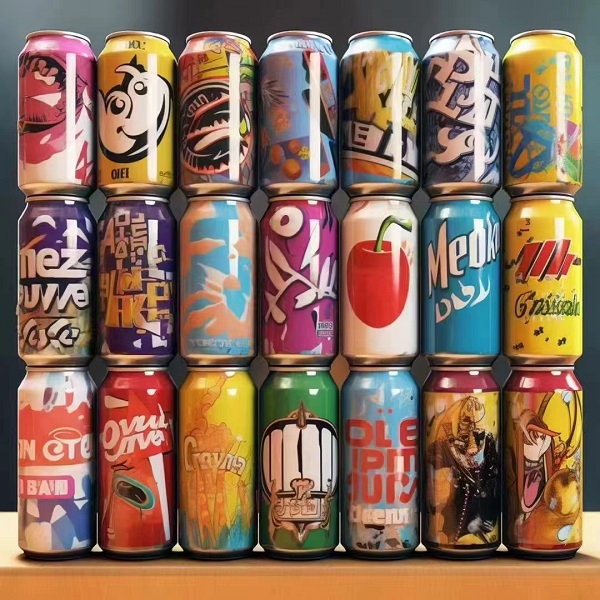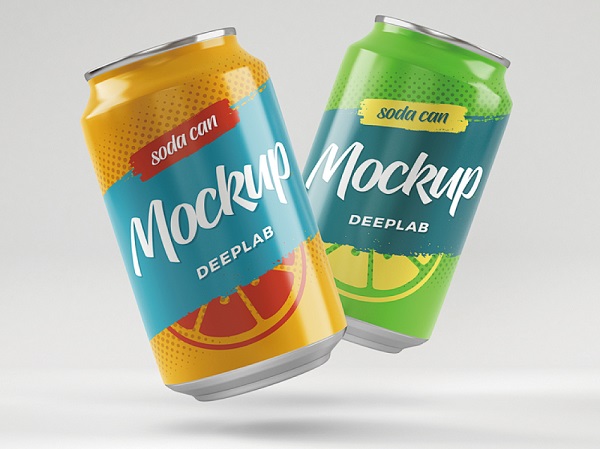In the field of beverage packaging, aluminum cans are mostly used for carbonated drinks, while other types of beverages are more selected for iron cans as packaging. The reason why aluminum cans are favored is mainly due to their lightweight characteristics, which makes aluminum cans more convenient in the process of storage and transportation. In contrast, the weight of iron cans is larger, which brings some pressure to transportation. However, the softness of aluminum cans also leads to the disadvantage of easy deformation, while iron cans are more durable and durable.
Because carbonated drinks contain gases, they create outward pressure inside the can, which helps prevent the soft aluminum can from deforming due to slight external forces. Other airless drinks rely more on iron cans to ensure a stable shape. In addition, the carbonic acid in carbonated drinks is easy to react with iron, while aluminum can form a protective film on the surface to effectively resist acid erosion, which is also the reason why more aluminum cans are used in carbonated drinks.
It is important to note that aluminum cans and glass bottles are the only packaging methods that can guarantee the CO 2 pressure in carbonated beverages. In contrast, some carbonated drinks companies that use plastic bottles have had to reduce their carbon dioxide levels to cut costs, which is one reason many consumers find carbonated drinks in cans to taste better.
Compared with traditional plastic bottles, aluminum cans have obvious advantages in environmental protection. On the one hand, can realize the recycling of resources through recycling, reducing the amount of waste and pollution to the natural environment. On the other hand, aluminum cans require less energy to produce than plastic bottles, and their manufacturing process does not release the same amount of harmful gases as plastic bottles. In addition, aluminum cans also have good sealing performance, which can effectively prevent food spoilage, extend the shelf life of products, and reduce the problem of food waste.
Secondly, aluminum cans are also very prominent in terms of safety. Because aluminum cans have high pressure resistance and shock resistance, they are not easy to be damaged during transportation and storage, which will lead to food leakage or other safety hazards. In addition, the inner wall of aluminum can is specially treated, which can effectively prevent the contamination and influence of external factors on food. In contrast, plastic bottles are vulnerable to temperature, light and other factors, resulting in the release of harmful substances from the packaging material itself, posing a potential threat to human health.
Finally, aluminum cans also have some economic advantages. Although aluminum cans may cost a little more than plastic bottles, they take up less space and reduce shipping costs. In addition, because the inner wall of the aluminum can is specially treated, it can maintain the original taste and taste of the beverage, providing consumers with a better product experience, thus increasing sales and market share.
In general, more and more beverages choose to use aluminum cans as packaging material, mainly based on environmental protection, safety and economic considerations. With the continuous advancement of social development and technological progress, we believe that aluminum can, a sustainable packaging material, will be more widely used and promoted.
Post time: Aug-29-2024








